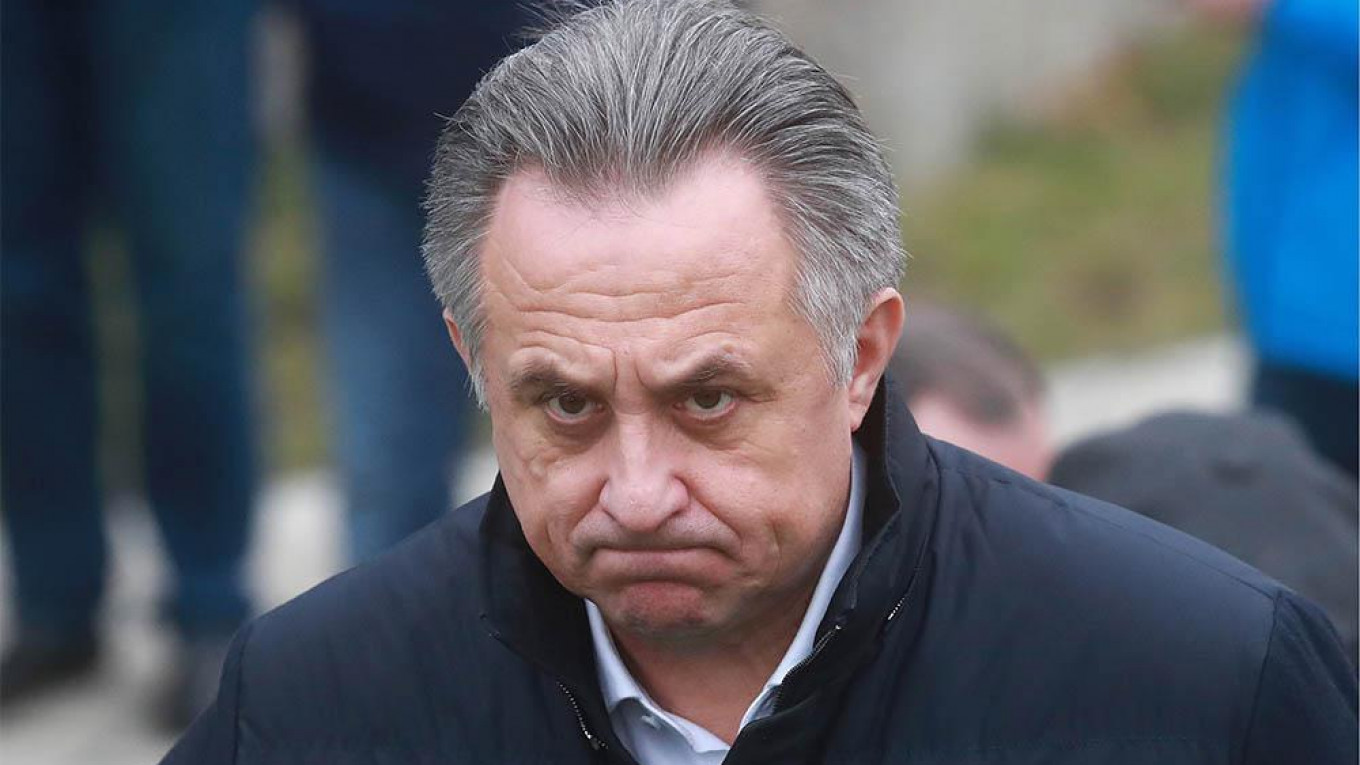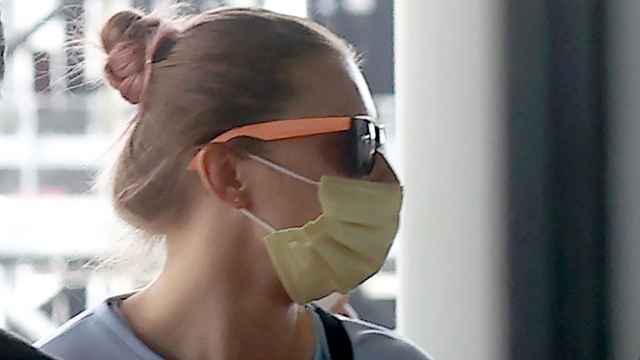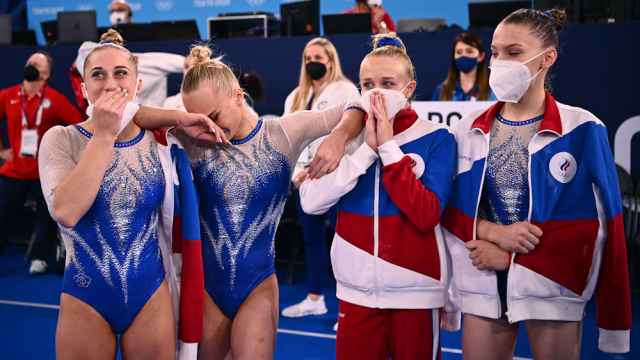Former sports minister Vitaly Mutko says he has no time to read excerpts from the diary of a whistle-blower that could serve as additional evidence to ban Russia's team from the 2018 Olympic Games for state-sponsored doping.
After deciding to strip several Russian athletes of their Sochi medals—which knocked the country into fourth place in the 2014 medal table—the International Olympic Committee (IOC) is expected to decide Tuesday whether to allow Russia to participate in the 2018 Olympics.
Ahead of the crucial decision, The New York Times published the diary of a key whistleblower on Tuesday, detailing meetings between the ex-minister and his deputy at the Sochi Games.
The entries of Grigory Rodchenkov, the former chief of Moscow’s anti-doping lab, reveal that he had regular meetings with then-Sports Minister Vitaly Mutko during the 2014 Olympics and suggest that the whistleblower played a role in the state-run doping scheme.
Russia denies the use of banned substances by its athletes during the Sochi Games and accuses Rodchenkov of single-handedly doping athletes and manipulating test results.
The IOC has said it had no grounds to doubt the authenticity of Rodchenkov’s diary entries and validated them as a “significant evidential element.”
“I have no time to read [the Rodchenkov diary story] right now,” Mutko, who was promoted to deputy prime minister since the doping scandal broke out, told the RBC business portal on Wednesday.
A Message from The Moscow Times:
Dear readers,
We are facing unprecedented challenges. Russia's Prosecutor General's Office has designated The Moscow Times as an "undesirable" organization, criminalizing our work and putting our staff at risk of prosecution. This follows our earlier unjust labeling as a "foreign agent."
These actions are direct attempts to silence independent journalism in Russia. The authorities claim our work "discredits the decisions of the Russian leadership." We see things differently: we strive to provide accurate, unbiased reporting on Russia.
We, the journalists of The Moscow Times, refuse to be silenced. But to continue our work, we need your help.
Your support, no matter how small, makes a world of difference. If you can, please support us monthly starting from just $2. It's quick to set up, and every contribution makes a significant impact.
By supporting The Moscow Times, you're defending open, independent journalism in the face of repression. Thank you for standing with us.
Remind me later.







